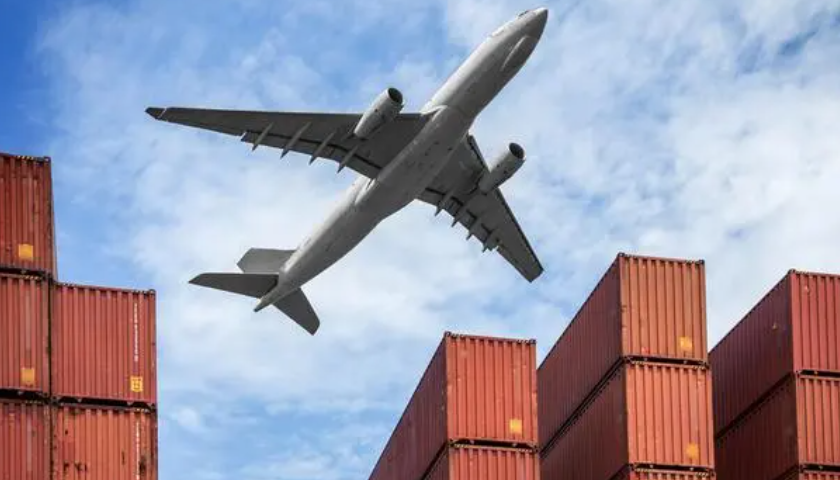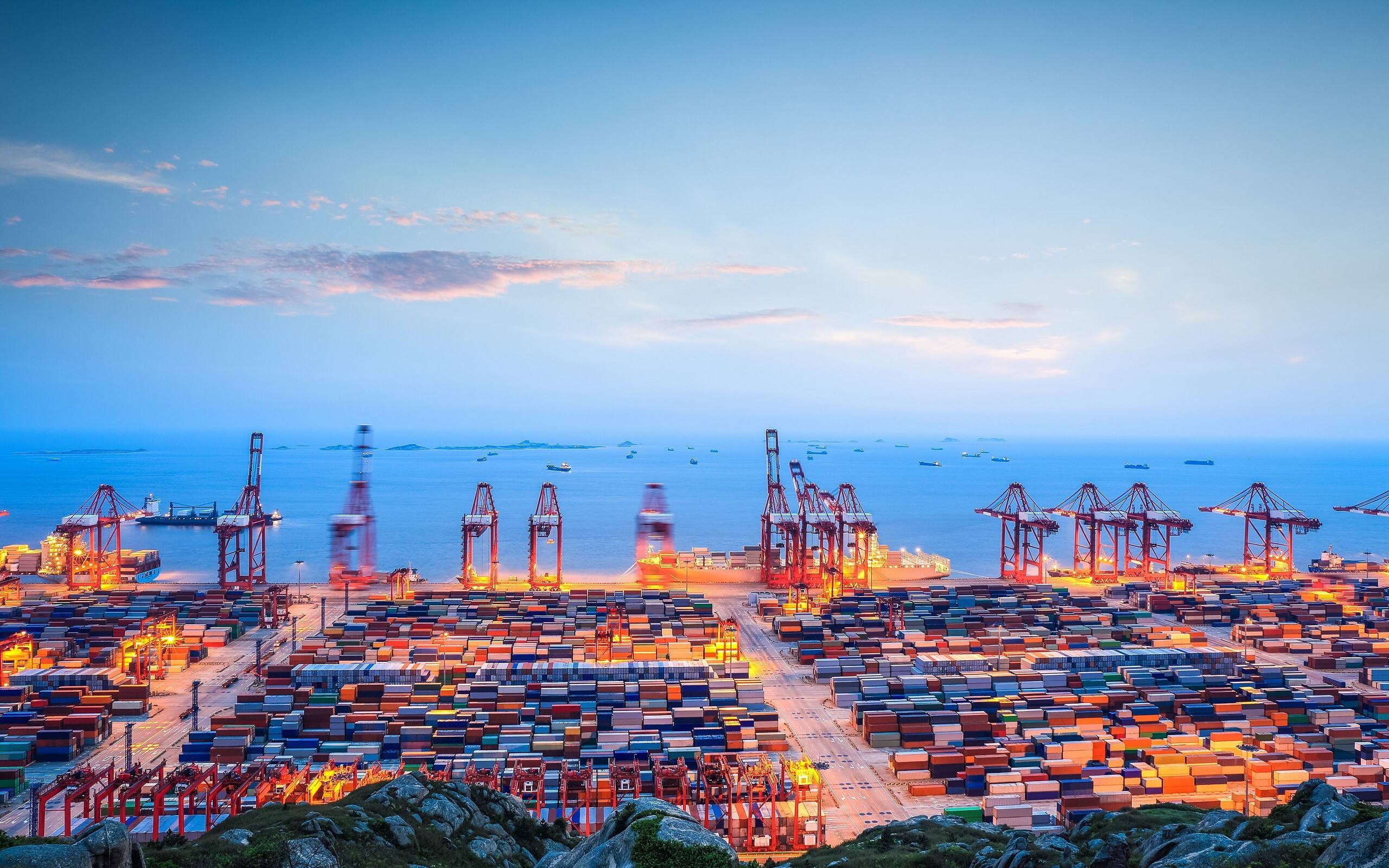philippine logistics
Philippine logistics represents a dynamic and evolving sector that plays a crucial role in the country's economic development. This comprehensive system encompasses sea, air, and land transportation networks, connecting over 7,600 islands through an intricate web of supply chain solutions. The sector utilizes modern technological innovations, including advanced tracking systems, automated warehousing solutions, and digital documentation processes. The infrastructure includes major ports like Manila International Container Terminal and Cebu Port, alongside key airports such as Ninoy Aquino International Airport. Modern warehousing facilities equipped with temperature-controlled storage, inventory management systems, and real-time monitoring capabilities ensure efficient handling of goods. The integration of e-commerce solutions has revolutionized last-mile delivery services, particularly in urban areas. Philippine logistics providers employ sophisticated fleet management systems, utilizing GPS tracking and route optimization software to enhance delivery efficiency. The sector also emphasizes sustainable practices, incorporating eco-friendly vehicles and energy-efficient warehouse operations. With continuous technological advancement and infrastructure development, Philippine logistics maintains its position as a vital link in both domestic and international supply chains.


